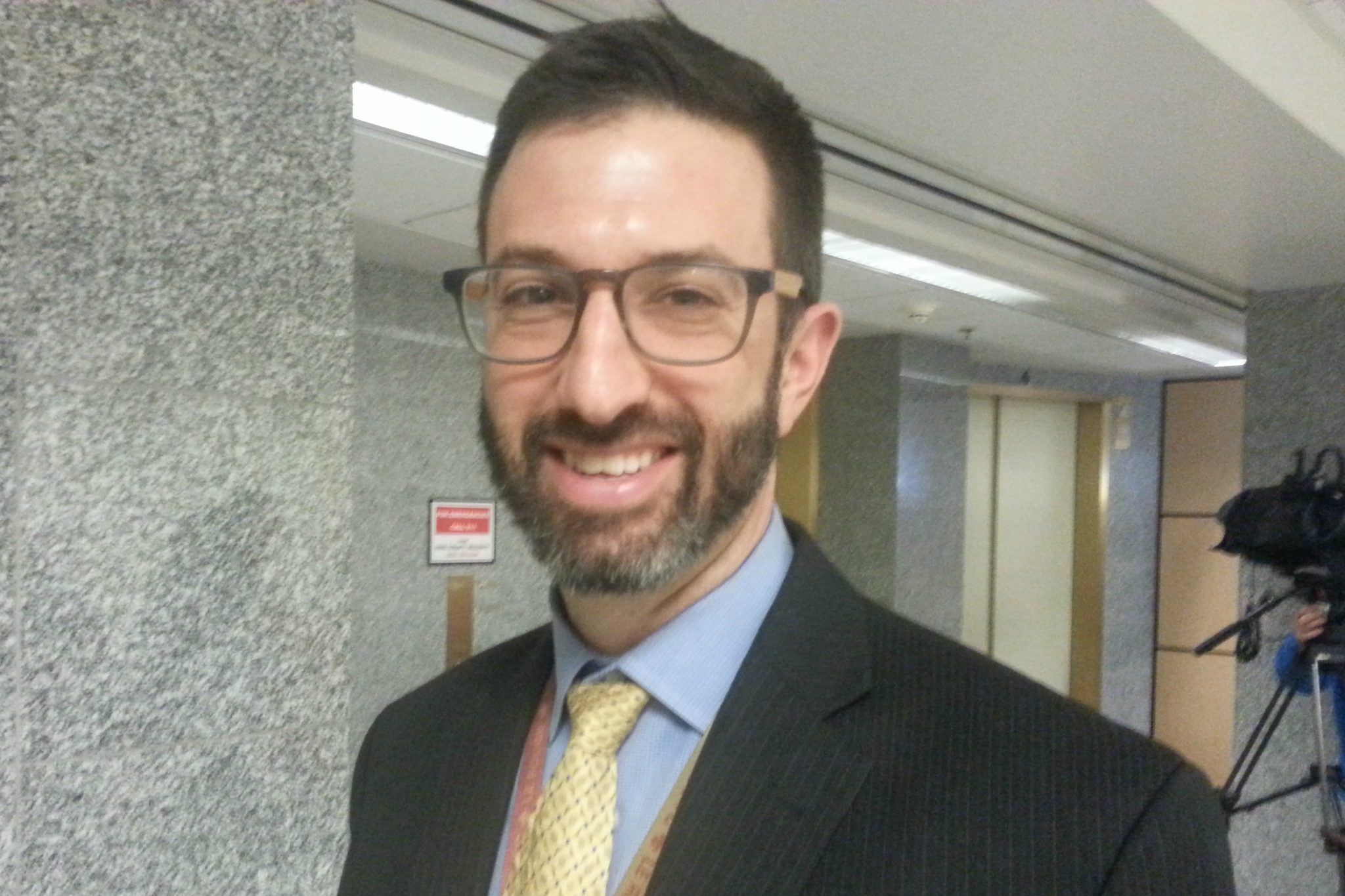This afternoon, the King County Board of Health unanimously voted in favor of endorsing a set of recommendations for dealing with the opioid/heroin crisis, including the establishment of two pilot safe drug sites. The sites would be the first in the country and a big step toward dismantling the War on Drugs. Their growing inevitibility in Seattle is partly a consequence of more than a year of organizing by harm reduction advocates such as VOCAL.
Called Community Health Engagement Locations (CHELs), the sites will allow illicit drug users to imbibe using clean materials in a safe setting under medical supervision and with counselors and services standing by. Unfortunately, they will not provide clean, measured drugs to users, who will therefore continue buying in underground markets. An injection-only site in Vancouver, B.C. has operated for over a decade, during which it has hosted thousands of overdoses and zero deaths. Multiple studies have found that safe drug sites save money by reducing downstream emergency services like ambulance rides to the Emergency Room.
Speaking in support of the task force recommendations, which vary from safe drug sites to increased funding for drug treatment programs, King County Councilmember Jeanne Kohl-Welles related the story of a relative who’d become addicted to opioids prescribed by her doctor. She said this was to illustrate the fact that drug addiction affects people from every class and demographic. “Now [opioid abuse] is a social problem,” she noted sardonically, “because it affects the middle class.”
Other board members echoed Kohl-Welles’ call for a public health approach to drug abuse. Fellow councilmember Rod Dembowski alluded to federal inaction in response to the HIV/AIDS epidemic in the 1980s. This inaction, he said, was caused by public perception that the disease only hurt “other people.”
“We’re not here just to take easy votes,” he said.
King County Prosecutor Dan Satterberg sent a letter to the board in which he also supported the recommendations, including safe drug sites. “I firmly believe that CHELs will one day be viewed in the same way as needle exchanges were back when they were first established. There was a lot of controversy, a lot of NIMY-ism, and even legal challenges,” Satterberg wrote. “Today we see needle exchanges as effective ways to prevent transmission of infectious disease, and an essential public health service.” King County Sheriff John Urqhart has also voiced support for safe drug sites.
The board voted unanimously in favor of the task force recommendations, including the two pilot safe drug sites. County Executive Dow Constantine and Seattle Mayor Ed Murray, who will ultimately decide whether and how to enact the task force recommendations, are expected to respond to them by the end of January. Dr. Jeff Duchin of Seattle/King County Public Health says that the soonest a pilot safe drug site might be up and running is in half a year, though logistics could cause further delay.








